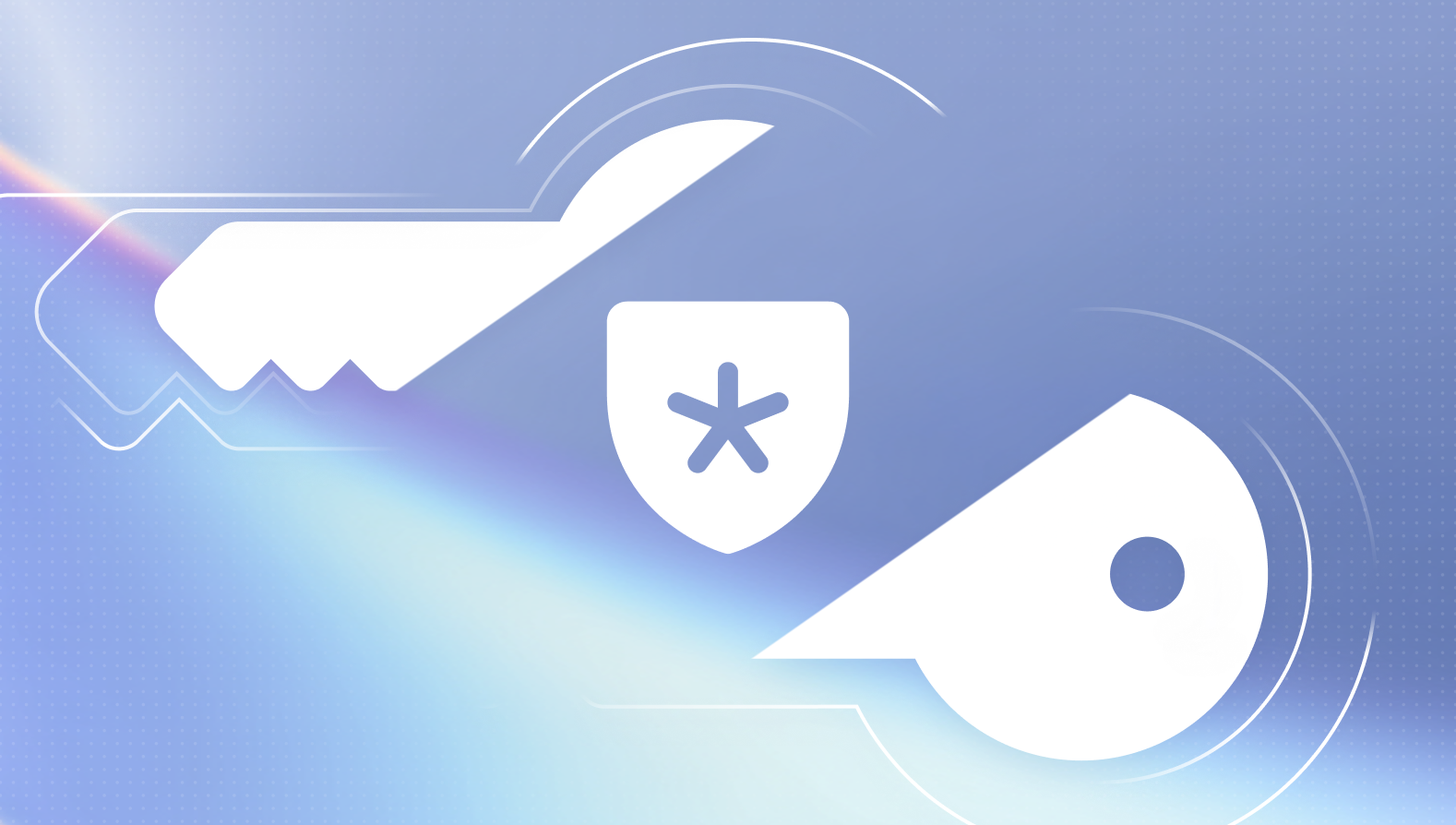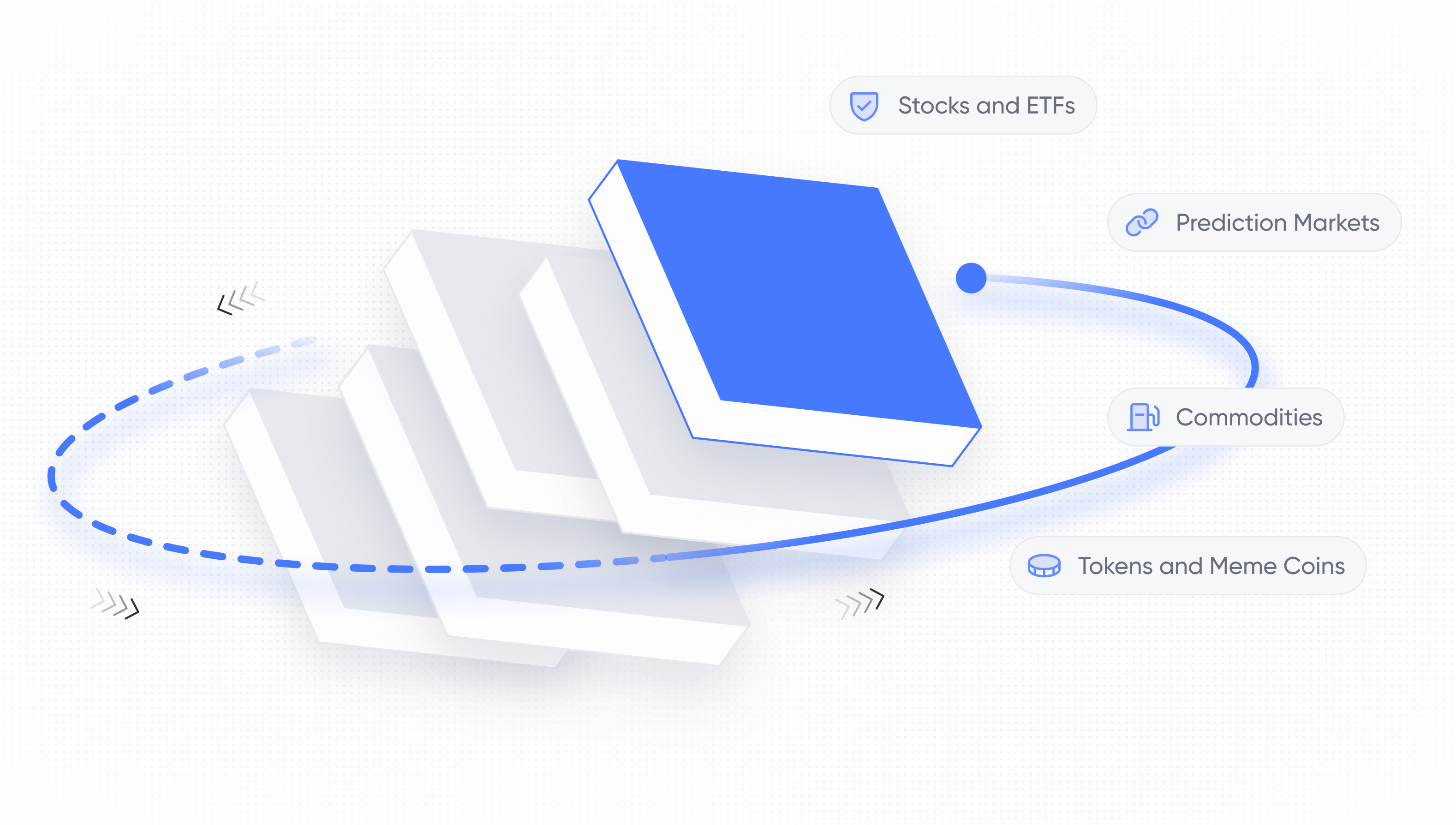EIP-7702: Enhancing Ethereum's Account Management


Introduction
Ethereum has undergone quite the journey since it launched in 2015. To date, Ethereum has completed three hard forks and other major upgrades such as the Merge. And it still has massive plans ahead in its roadmap. As part of those, Ethereum Improvement Proposals (EIPs) are introduced by Ethereum’s community members, which are standards that propose new features or processes for Ethereum.
One of the latest EIPs has stirred up a lot of discussion within the crypto community. EIP-7702 aims to significantly improve smart contract functionality on Ethereum, as well as introduce transaction batching and enhancements for Externally Owned Accounts (EOAs). In this blog, we cover the basics of EIP-7702, when it could go live, and its potential impact on the Ethereum ecosystem.
What Is EIP-7702?
EIP-7702 emerged as an alternative to EIP-3074, which was scheduled for inclusion in Ethereum’s upcoming Pectra upgrade. While both refine account management within Ethereum, EIP-7702 is more compatible with the existing ERC-4337 Account Abstraction work. Additionally, EIP-7702 does not require the addition of new opcodes.
Developed by a team led by Vitalik Buterin (and first written just 90 minutes before a critical EIP reviews meeting), EIP-7702 enables EOAs to delegate control to smart contracts, enhancing EOAs' functionality and security. By temporarily merging EOAs into smart contracts during transactions, users benefit from an enhanced overall experience. This also introduces user-friendly features such as batch processing and transaction sponsorship.
EIP-7702’s Potential Impact on Ethereum
EIP-7702 introduces a new transaction type that allows EOAs to temporarily control smart contracts. By integrating with ERC-4337, EOAs are able to access smart contract functionalities such as multi-factor authentication and social recovery. This empowers users to customize their security preferences while enjoying an improved user experience.
EIP-7702 also enhances user experience by introducing features such as batched transactions and transaction sponsorship. By reducing network fees and lowering the barrier to entry, EIP-7702 makes the Ethereum network more appealing and accessible. Lastly, EIP-7702 opens up new opportunities for developers to innovate and customize smart contract wallets, incorporating advanced features such as spending limits.
How EIP-7702 Differs from Account Abstraction
EIP-7702 is not a replacement for Account Abstraction (EIP-4337). Instead, it offers a unique approach to improving the Ethereum user experience in alternative ways. Here are the main distinctions between the two:
- With EIP-7702, EOAs are temporarily given the ability to behave like smart contracts. However with Account Abstraction, EOAs are permanently converted into smart contracts.
- EIP-7702 does not require the addition of new opcodes, enabling smart contract behavior without deploying new contracts.
- The enhanced features from EIP-7702, such as batch processing, are focused on transaction efficiency. The features brought by Account Abstraction are more centered around security, such as MFA and social recovery.
What’s Next for the Proposal?
While the fate of the proposal is still uncertain, it has received a lot of support and many are confident it will replace EIP-3074. If so, EIP-7702 will be implemented in Ethereum’s upcoming Pectra upgrade, which is planned for the end of 2024. One researcher at the Ethereum Foundation, Ansgar Dietrichs, suggested integrating EIP-7702 into the upcoming Pectra upgrade and monitoring its performance before determining if it should be replaced by EIP-3074.
If your interested in learning more, here are some related resources from our blog:
- EIP-3074: Is This the End of Account Abstraction?
- Everything You Need to Know About Account Abstraction
- EIP-4844: The Dencun Upgrade
- ERC-4337: Introducing Account Abstraction
- The Account Abstraction Market Map
Share this article



